That’s What Friends Are For – Friendship and ASD
By Patricia Wright, PhD, MPH, Sr. VP of Program Development,
NEXT for AUTISM
How often have we all said or heard this simple statement? When a friend listens to our heartache, when they laugh uproariously about an incident shared in the past, when they make a comforting meal to sooth our grief, that’s what friends are for. Cherished and valued, friendship is also necessary for all of us to thrive.
We had the wonderful opportunity to witness the warmth of friendship among young people with autism recently at the remote graduation ceremony held for the interns of the Project SEARCH Autism Enhancement Program (PSAE). After spending a year together learning employment skills, the interns were disbanded at the sudden COVID-19 outbreak. Though they continued to meet virtually to complete their training, they had clearly missed each other’s company. It was truly heartening to see the level of enthusiasm with which these friends gathered on the Zoom call and to hear the din of cross conversation and laughter that abounded.
Difficulty with social interactions are a defining characteristic of autism, but these challenges do not necessarily mean that people with ASD are unable to enjoy and maintain friendships. The interns in the PSAE program certainly proved that they can. As have others who’ve shared stories of finding and nurturing friendships. Lars Perner, a professor at the University of Southern California identified with Aspergers Syndrome, once told me that his job as a professor was the perfect place for him as he was surrounded by other people who had uniquely strong interests in narrowly defined topics. They found their friends, just like we do, within communities of people who share their interests and who get them.
How can we, as a community, support friendships for individuals with ASD?
One way is through structure and consistency. The PSAE internship program provided a structure and schedule which interns were expected to follow daily and participate in actively. The program staff encouraged self-reflection – an important skill in friendship. Interns wrote about themselves, who they were and what they liked. They shared this information with one another in group discussions. They and their families were encouraged to organize social gatherings such as movie and game nights. These consistent steps became the building blocks of their friendships.
Another approach to supporting individuals with autism to develop friendships is to encourage them to follow their interests. Stephen Shore, a professor of education at Adelphi University who is autistic, stresses an abilities and interest-based model when supporting people with ASD. Focusing on deficits, a traditional approach, can result in separation and isolation. But building on strengths and interests can lead to growth and social connection.
In addition to PSAE, NEXT for AUTISM has supported social programs through our Night of Too Many Stars grants to organizations such as BLAST (Bigs and Littles Autism Support Team) and Banding Together. These programs intentionally facilitate social engagement. Our partners at the JCC Manhattan also have created programs that foster interaction and social engagement. These programs continue to flourish, because the value of friendship is immeasurable - outcomes gained have been lifelong friendships and even a few marriages, which for many are the components of a joyful and fulfilling life.

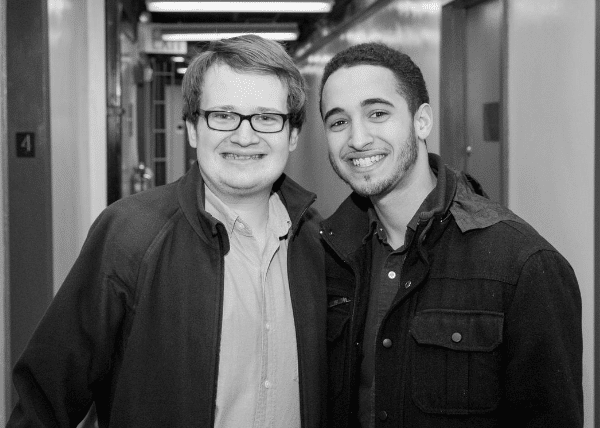
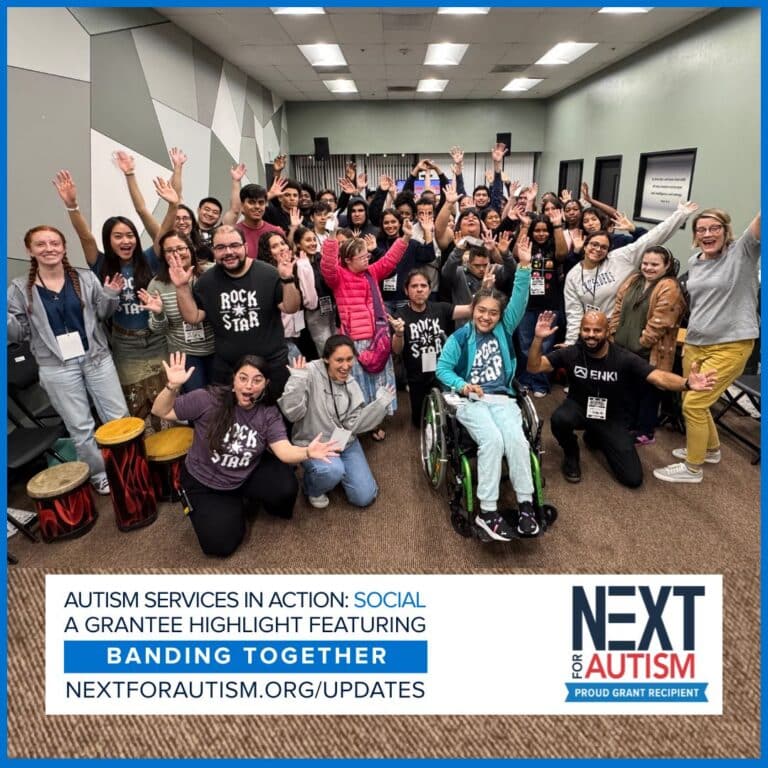
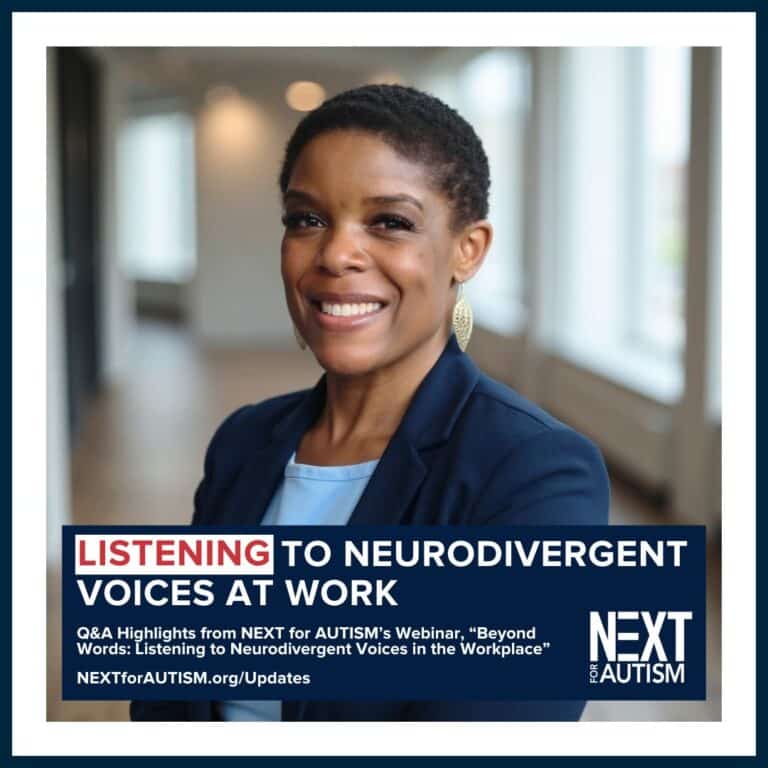
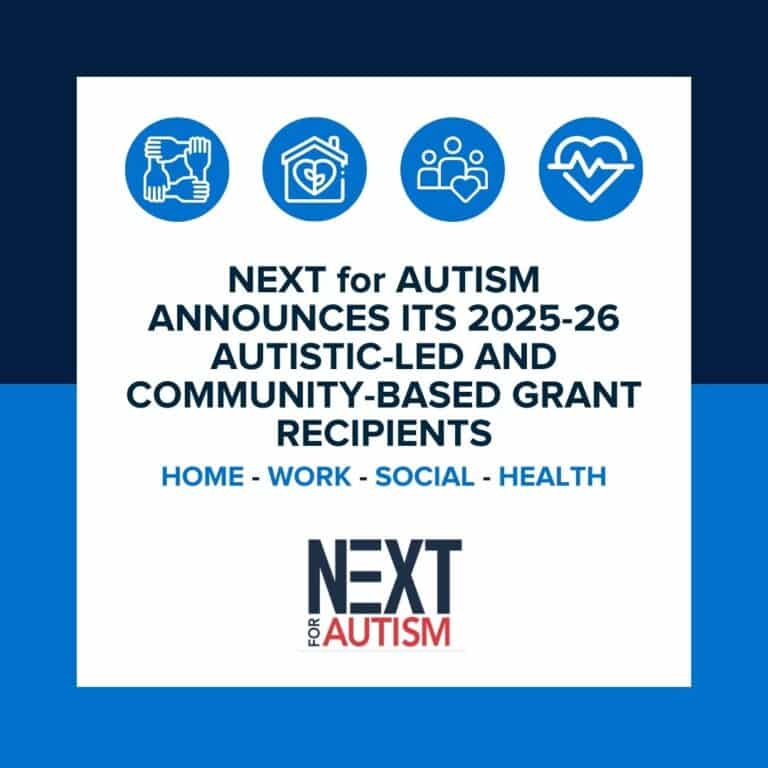


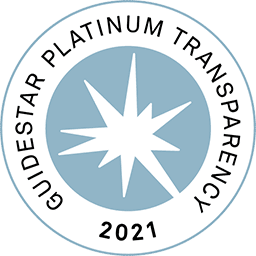
Leave a Reply